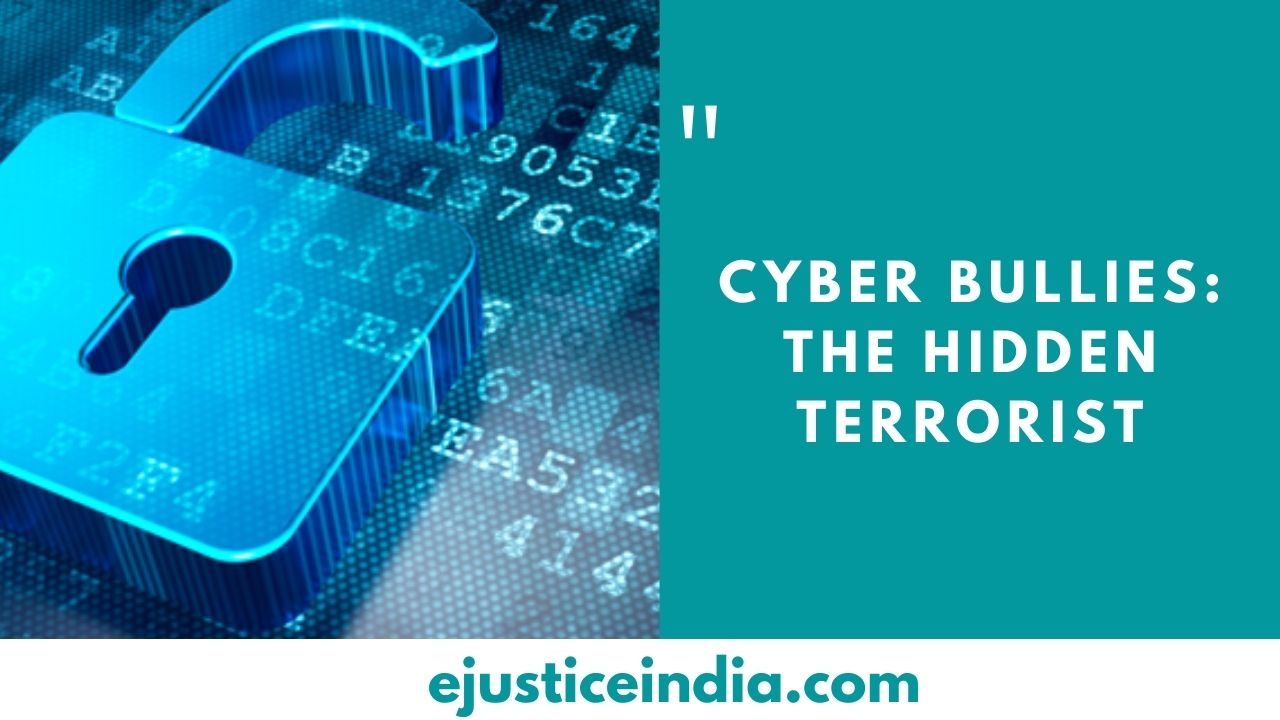Mob Lynching and Human Rights
Mob Lynching and Human Rights
Author : Prity Kumari, Central University of South Bihar
Mob lynching is the most depraved form of violence, an abnormal behaviour, antisocial behaviour and an act of barbarism. As it has been rightly said “the temper of the multitude is fickle”.[1] This type of behaviour is seen due to influence of the Groups ideas, thoughts and people who involve in these groups are unknown to the main facts and thus without awareness or unconsciously performed the act that turned out to be a terrifying or vulnerable behaviour. Nowadays, people has realised that lynching knows no religion, caste, colour, creed or race. This can be very clear from the facts of all the cases of Mob Lynching for instance Palghar Lynching case, Khairlalji, Massacre in Dhule, Tabrez Ansari, Prakash Ladka and Akbar khan.
It is an affront to the dignity of the human beings, the constitutional rights given under the Article 21 and a serious breach to the International obligation or commitments to various conventions or treaties on Human Rights. As history has taught us many times that mob justice is a symptom of failure of the State to keep its promise of the effective dispensation of justice. Mob Lynching is like a scar to the Indian legal system and the irony is that it has no any medicine to cure this. Although, Indian penal law is silent in reference to this types of crimes.
Meaning
The word ‘lynch’ has been originated during the American Revolution phrased as ‘Lynch Law’ which is a punishment without trial. It has been derived from two Americans known as Charles Lynch and William Lynch who were from Virginia. During 1782, Charles Lynch had stated that the ‘Loyalist’ or ‘Tories’ who were supporters of British side were provided Lynch Laws to deal with the ‘Negroes’. As per the English dictionary, lynch means to put to death, especially by hanging, by mob action and without any legal authority. In simple words, lynching may be termed as an unlawful murder by an angry mob of people or an act of harm, threat or kill someone without knowing the fact.
It also means to punish a person without legal process or authority. In other words, it can also be defined as a group of people who condemned and punish a person without fair trials or a group of people who criticize a person severely and try to live about the person’s downfall.
Role of Media
Social media is playing a vital role in spreading malicious rumours. India is a biggest market of Whatsapp having more than 200 million users. It is being used by them to chat with someone, forwarding messages, sharing photos, videos and many more things. It has been seen in many cases that the major reason behind the mob lynching was the rumours that are being spread through the way of forwarding messages on Whatsapp. Whatsapp has added some new feature to curb this issue but the problems still remains the same. But the system is also providing an unfiltered platform for fake news and religious hatred. Presently, in Palghar Lynching case a huge crowd had brutally killed two persons only relying upon the rumours. The police officers had remained mock spectators during the incident and the mob had taken the life of that two innocent persons.
Indian Law dealing Mob Lynching
Mob lynching is a crime against the humanity and is a flagrant violation of the constitutional rights guaranteed under Articles 14, 15 and 21 of the Indian Constitution. There is dire need of a stringent law to prevent the rising trend of mob lynching in India. The law makers should not stand indolent and not to be a mock spectator. There is no any word like Mob lynching in the whole statute, books or in Indian legal system. In most cases, it has been reported under sections 302, 307, 324, 147 of Indian Penal code, 1860. However, section 223 (a) of the Criminal Procedure Code, 1973 states that person or Mob involved in the same offence in the same act can be tried together somehow this provision has not helped in delivering justice in the cases of Mob Lynching. Although a civil society group called as National Campaign Against Mob Lynching founded by Jignesh Mewani,Tehseen Poonawala, Kanhaiya kumar and Shehla Rashid released a draft bill titled ‘Manav suraksha kanoon (Masuka)’ , last year this was introduced in the Rajya Sabha by KTS Tulsi in December 2016 as the protection from lynching bill 2017 but the government has not taken any note of the Masuka bill.
Mob Lynching and International Obligation
As Indian law is silent in this matter, the reference can be taken from the International agreements. There are plethora of judgements where international agreements have played a role of significant source of reference for the Indian Supreme Court while dealing with cases related to the human rights especially when India is a party to such an agreement. Article 7 of the Universal Declaration of Human Rights guarantees equality before the law without any discrimination and provides protection against any incitement to such discrimination.
India is a signatory to UDHR and thus it posits an obligation to prevent such atrocious incidents of mob lynching which violate human rights. In Railway Board vs. Chandrima Das, the Supreme Court held that the basic human rights set out in UDHR have been endorsed by the constitution under Part III as well.
Generally, mob lynching targeted against a particular person or discriminate any specific community. Thus, this violates the international obligation under Article 20(2) of the International Covenant on Civil and Political Rights and Article 2 of International Covenant on Economic, Social and Cultural Rights which prohibit any racial or religious discrimination or incitement to discrimination or violence.
India has been globally condemned on the issue of Mob lynching and the United States Commission on International Religious Freedom has released a statement condemning the lynching on Muslim Man in India. It has strongly condemned such incidents in the following words:
“We call on the Indian government to take concrete actions that will prevent this kind of violence and intimidation by a thorough investigation of Ansari’s murder as well as the local police’s handling of the case. Lack of accountability will only encourage those who believe they can target religious minorities with impunity.”
Consequently, as per UNCIRF’s recent report, India has been placed in Tier 2 for engaging in religious tolerance violations and this raised a serious question to India’s secularity.
Conclusion
India needs a stringent law to prevent these gruesome incidents of mob lynching. Law should be in such a manner that the criminals should be punished and victims must get justice. Programs should be run to make people aware about the same. The social media needs to be handled with utmost care. One should remember one thing that when any political or religious or social sect remains quiet and does not condemn such barbarous lynching, they forget that it would be their turn next, as they have granted them to take law into their hands, they will resort to them very soon and in the same manner.
Mob Lynching and Human Rights
[1] Machiavelli, The Prince.


